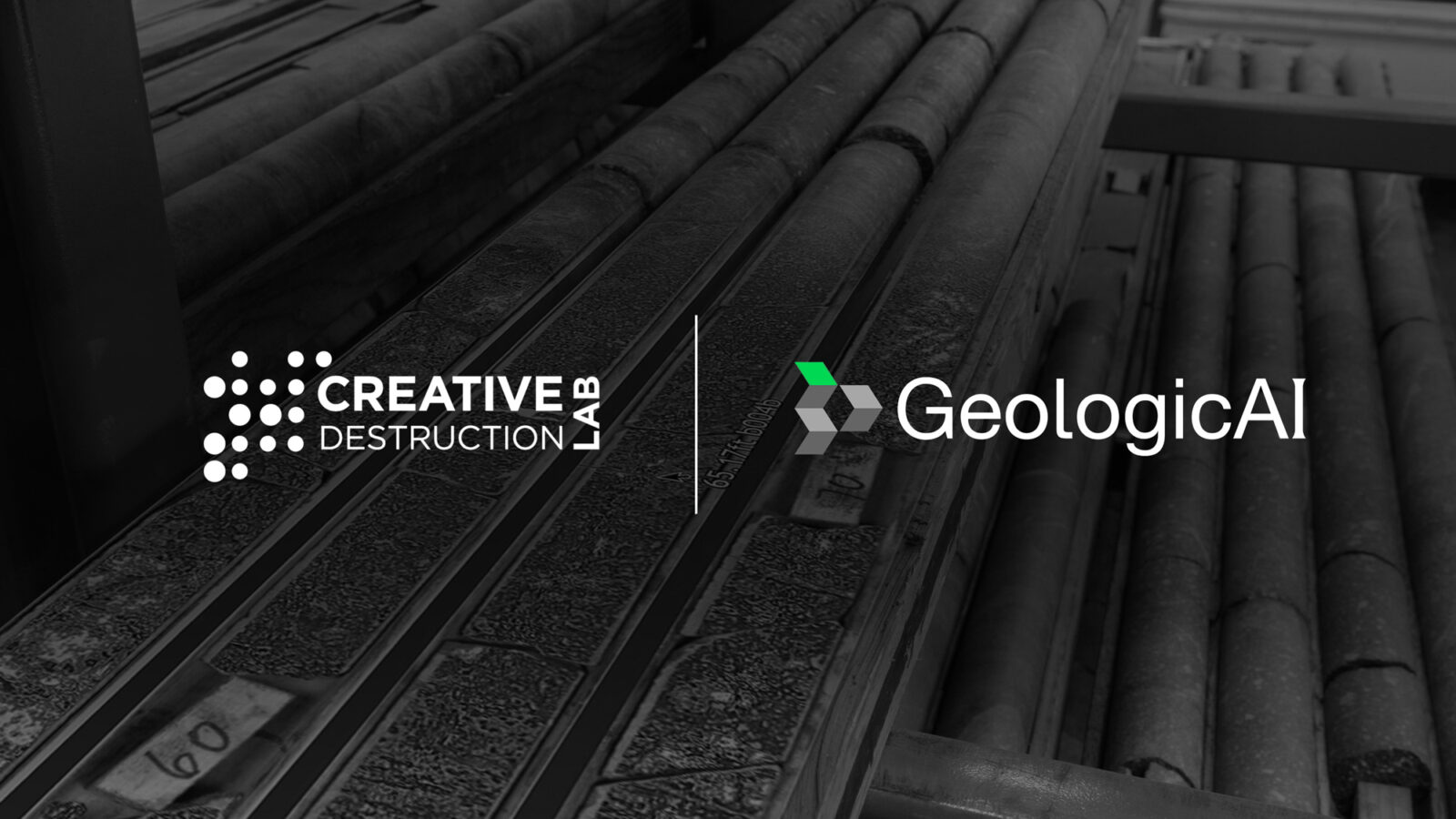TORONTO — Creative Destruction Lab (CDL) at the University of Toronto’s Rotman School of Management is pleased to announce that the University of Toronto’s Schwartz Reisman Institute for Technology and Society (SRI) will partner with CDL-Toronto to support start-ups commercializing technologies that enable and expand the responsible use of AI. CDL provides start-ups with access to mentorship and opportunities to raise capital through its nine-month objectives-based program.
The technical capabilities of machine learning algorithms are racing ahead of their commercial application. In many settings, the barriers to adoption of machine intelligence are not limits on the technical performance of the models or a lack of data. Rather, barriers to adoption increasingly result from stakeholders’ concerns about the legal and ethical implications of integrating AI models into real-world decision making.
Such barriers are only going to grow. Governments around the world are developing regulations to govern how organizations can use data and AI. The European Union recently revealed proposed harmonized rules on AI, noting that “the same elements and techniques that power the socio-economic benefits of AI can also bring about new risks or negative consequences for individuals or society.” In the United States, the White House’s Office of Science and Technology Policy drafted guidance for government agencies to “inform the development of regulatory and nonregulatory approaches regarding technologies and industrial sectors that are empowered or enabled by artificial intelligence (AI).” And, in Canada, the federal government launched the Directive on Automated Decision Making. The Directive regulates the use of automated decision-making systems for the federal government. National, state and provincial governments around the world are considering new laws governing data, platforms, online content, and biometrics.
Central to current concerns about the possible negative impacts of AI are the issues of data privacy, algorithmic bias, model explainability and justifiability, and model robustness. Emerging concerns are focused on automated recommendations that can generate social and economic harm. Given the complex and black-box nature of AI models, detecting and addressing these issues are significant technical challenges that require ongoing research and innovation. CDL-Toronto’s AI stream focuses on start-ups that are working to commercialize research and develop products that provide customers with solutions to challenges such as data privacy, algorithmic bias, misaligned recommender systems, model explainability and justifiability, and model robustness.
“A significantly underestimated factor in technology’s transformational impacts is policy & regulatory environments. From climate to robotics, blockchain to AI; markets are created and destroyed by a thoughtful or ill-defined approach to policy,” comments founder, serial entrepreneur, and CDL Fellow Richard Titus. “That’s where an organization like CDL can have a significant impact, with its marriage of the academic & startup exponential themes to help thoughtful regulators build markets where successful entrepreneurs can thrive.”
But technical inputs are not enough. To gain market adoption, these solutions must be informed by relevant ethical and legal principles which, given the newness of this technology and its applications, are themselves the subject of ongoing research. Through the partnership with SRI, ventures in CDL-Toronto’s AI stream will gain access to the Institute’s thought leadership in the areas of fairness, ethics, and regulatory and legal infrastructure and innovation, as well as the Institute’s network of world-leading researchers, policymakers and partner organizations looking for responsible AI solutions. The partnership between CDL-Toronto and SRI will accelerate the commercialization and adoption of fair, responsible, and ethical AI solutions that are both based on frontier scientific research and informed by the ethical, legal and regulatory frameworks and innovations currently being developed, thus increasing the probability of the success.
“We are very excited to be partnering with CDL on the AI regulatory complements stream,” remarked Gillian Hadfield, director of the Schwartz Reisman Institute for Technology and Society. “Our partnership with CDL will collectively scale ventures in AI regulatory complements, which is critical as the challenge of responsible AI is presenting itself in every domain of the advanced democratic market economy: from determining how to regulate autonomous vehicles, to implementing fair automated decision-making in government services and industry, to ensuring that automation does not cause massive disruption to our political, social and economic systems.”
CDL is currently seeking applications for the 2021/22 year. Founders are invited to apply at this link by July 30, 2021, or register for a webinar to learn more about how CDL can help them build a massively-scalable business in AI.
About Creative Destruction Lab
Creative Destruction Lab (CDL) is a nonprofit organization that delivers an objectives-based program for massively scalable, seed-stage, science- and technology-based companies. Its nine-month program allows founders to learn from experienced entrepreneurs, increasing their likelihood of success. Founded in 2012 by Professor Ajay Agrawal at the University of Toronto’s Rotman School of Management, the program has expanded to ten sites across four countries: Oxford (Saïd Business School, University of Oxford), Paris (HEC Paris), Atlanta (Scheller College of Business, Georgia Institute of Technology), Madison (Wisconsin School of Business, University of Wisconsin-Madison), Seattle (University of Washington, Foster School of Business), Vancouver (Sauder School of Business, University of British Columbia), Montreal (HEC Montréal), Calgary (Haskayne School of Business, University of Calgary), and Halifax (Rowe School of Business, Dalhousie University).
About the Schwartz Reisman Institute For Technology And Society
Created in 2019 as a result of a historic gift from Canadian entrepreneurs Gerry Schwartz and Heather Reisman, the Schwartz Reisman Institute for Technology and Society explores and addresses the ethical and societal implications of technology, with a particular focus on AI in its first five years. The Institute conducts and integrates world-renowned research, serves as a convenor and a hub for paradigm-shifting public policy conversations on the AI and society theme, and develops human-centred solutions for building safe, responsible, and inclusive AI.
Visit our website to learn more.





